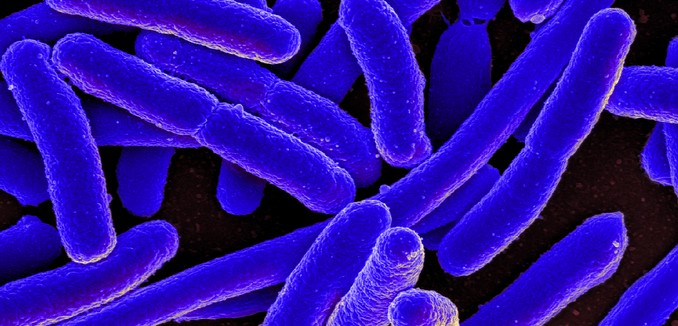Bacterial adherence to medical implants and surgical equipment is a known cause of infections. Now, researchers at Ben-Gurion University of the Negev (BGU) have developed an innovative anti-biofilm coating, which has significant anti-adhesive potential for a variety of medical and industrial applications.
And that could mean far fewer infections following medical implants.
“Our solution addresses a pervasive need to design environmentally friendly materials to impede dangerous surface bacteria growth,” write the BGU researchers from the Avram and Stella Goldstein-Goren Department of Biotechnology Engineering. “This holds tremendous potential for averting biofilm formed by surface-anchored bacteria and could have a tremendous impact.”
According to the research published in Advanced Materials Interfaces, anti-adhesive patches that are developed from naturally occurring biomaterials can prevent destructive bacterial biofilm from forming on metal surfaces when they are immersed in water and other damp environments.
The BGU anti-adhesive nano coating could be used on medical implants, devices and surgical equipment thus stopping bacteria from contributing to chronic diseases or resisting antibiotic treatment.
It can also be used in preventing aquatic biofouling on ships and bridges.
The BGU researchers who participated in the study from the Avram and Stella Goldstein-Goren Department of Biotechnology Engineering are Dr. Karina Goldberg, Prof. Noa Emuna, Prof. Dorit van Moppes, Prof. T. P. Vinod, Prof. Robert Marks, Prof. Ariel Kushmaro, and Prof. Shoshana Malis Arad. Marks and Kushmaro are members of BGU’s Ilse Katz Institute for Nanoscale Science and Technology and the National Institute for Biotechnology in the Negev, and are also visiting researchers at the School of Materials Science and Engineering, Nanyang Technological University in Singapore.
The work was supported by the Singapore National Research Foundation under the CREATE program: Nanomaterials for Energy and Water Management; a Levi Eshkol scholarship from the Israeli Ministry of Science and Technology, and by a Shimona Geresh award.
(via Israel21c)
[Photo: NIAID / Flickr ]




